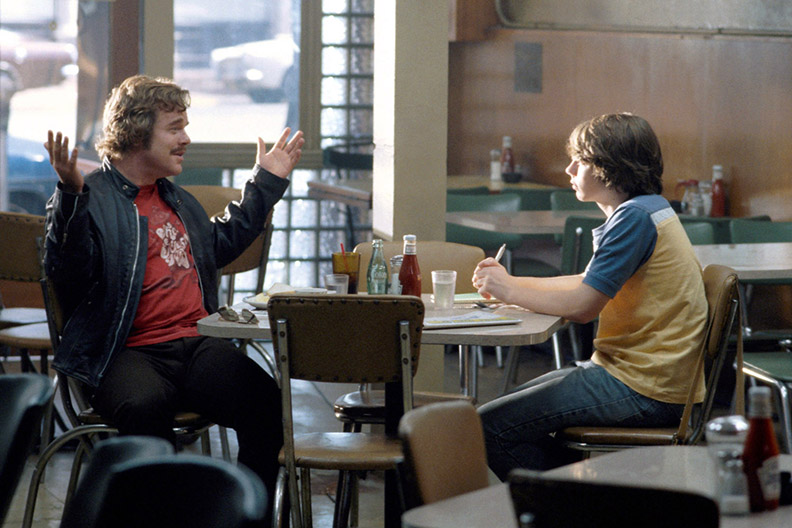When I read Joshua Boydston’s “Better Isn’t Great” piece here on Oxford Karma, I jumped out of my chair and gave him a round of applause. Pointing out the restricting nature of premature self-congratulations was a pretty brave move. It’s a piece that couldn’t exist in the framework of satisfying an editor, who is trying to satisfy advertisers, who are skeptical of anything that makes readers pause to consider anything beyond possibly purchasing whatever it is they’re advertising. The local music community needs some self-awareness. It was never going to happen with the entertainment coverage of existing local media.
My elation and excitement quickly turned to concern for Joshua. Editorial discretion and pandering to advertisers aren’t the only things limiting self-reflection in the music scene. There’s also a dangerous conflation of criticism and negativity. Sure, lots of people cheered Joshua’s honesty. But how much more honesty would they stomach before painting Joshua as “negative”? My own journey to becoming the “negative creep” of the local scene began innocently enough. I had a few friends in local bands and had begun following local music message boards. My first “controversial” post was something about believing that all bands didn’t deserve the same opportunities just because they strapped on guitars and wrote a few songs. I meant to encourage better curation of local shows and events so the scene could put its best foot forward and make fans of those who would otherwise be indifferent about local music. It wasn’t taken that way at all; I was accused of being some elitist. From that day right up to today, there have been people in the local music community who believe they know everything they need to know about who I am and what my motivations are for nearly everything I do.
This is a small-market music scene. No matter how limited your involvement, if you’re involved at all, you’ve probably got skin in the game. Joshua isn’t some kid banging away at his laptop, wholly separate from the scene that he’s evaluating. He’s part of it. He’s regularly attending shows. He’s booking and promoting shows himself. You will see him around town. And you will never forget what he said about your band, or some band you love, or the scene you have such high hopes for. If you can’t get past the idea that any deviation from gushing positivity is somehow unnecessary negativity, you will absolutely miss opportunities to improve.
In a scene where writers frequently write fluff pieces on their good friends, creativity is crushed by the notion that everything is beautiful and it’s the world that hasn’t quite caught up yet. A scene that discourages open, honest criticism is bound to stagnate. I don’t understand how people can exist in a world so free from criticism. It would bore me to tears and turn me into a bore. I have good friends who are brutally honest with me, whether it’s about my music, my attitude, or just how I’m coming off in a particular social-media post. And I think it’s because I’m honest with them, because I love these people and they love me. And because they know who I am, it’s a kind of open honesty that makes us all better people for it. I mean, I love gushing praise as much as the next guy. But it’s the friends who are honest that make me a better artist. The true value of a community can be measured, in part, by its ability to separate criticism from negativity.
I completely agree that this scene is a little premature with the self-congratulations. I also think an equally poisonous problem is our quickness to turn someone with good intentions into a villain. Villains give the scene something to unify against. Groupthink and an aversion to discord make it easy to turn a simple, honest criticism into an affront to the entire scene. The scene has to be big enough to get beyond that. I hope that other local media will take a cue from Oxford Karma and start asking questions that can potentially improve the scene. Everyone loves Almost Famous. It seems like many local music writers got caught up in trying to be William and completely glossed over all of the important lessons from Lester Bangs. If you watch the movie to the end, you find that Lester Bangs was right.





